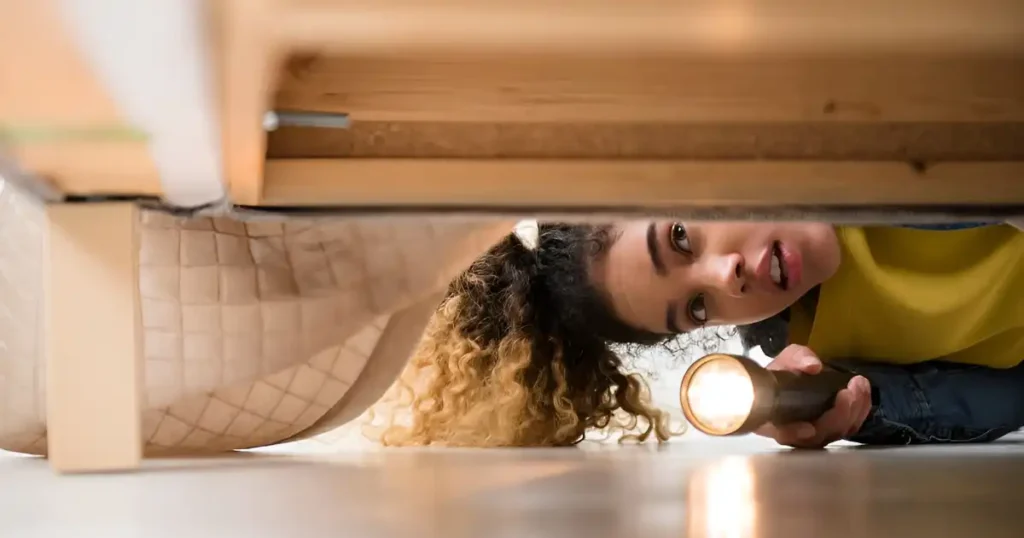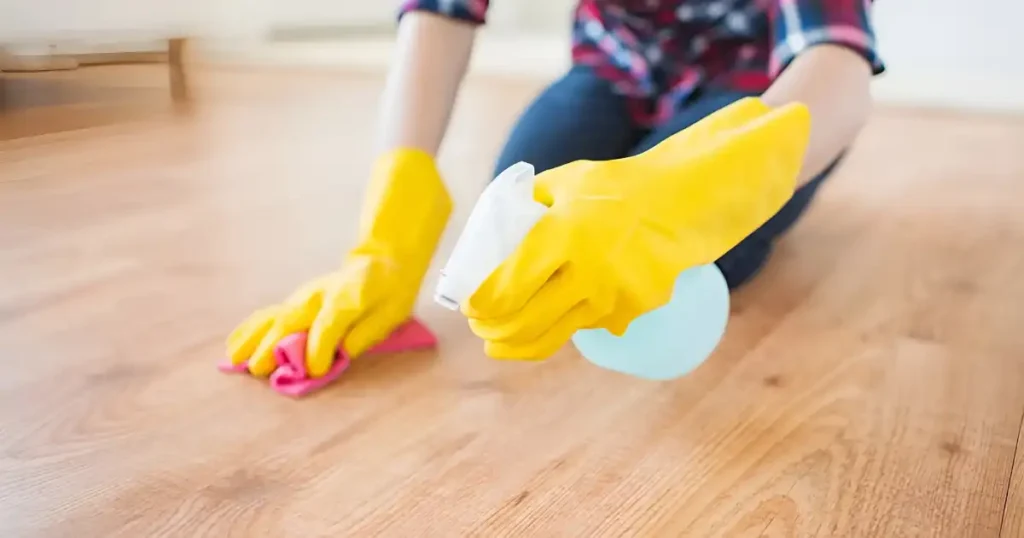
Encountering a persistent dead mouse smell can be a distressing experience. Using odor-eliminating methods such as baking soda, activated charcoal, or specialized enzymatic cleaners can significantly help mask and eliminate the unpleasant odor. Identifying the source is often challenging, especially if the dead rodent is hidden within walls or hard-to-reach areas.
Ventilation also plays a crucial role in managing the smell. Keeping windows open and using fans can circulate fresh air, reducing the overall odor intensity. In tandem with these tactics, utilizing odor absorbers can improve the atmosphere in the affected space, offering temporary relief.
While the process may take time, being proactive with cleaning and odor-fighting strategies can create a more pleasant environment. Patience and persistence are essential when dealing with such an unwelcome problem.

Identifying the source of a dead mouse smell is crucial for effective removal. Understanding where the smell originates can assist in locating the dead rodent, especially in hidden areas of a home.
Dead mouse smell is primarily due to the decomposition process. It can often be challenging to pinpoint the exact location of the remains, especially if it is trapped in walls or under floorboards.
When searching for the source, start by following the smell itself. The strongest odor usually indicates proximity to the carcass. Utilize a flashlight and look in tight spaces, such as behind appliances, within wall cavities, and under furniture.
Additionally, consider the mouse's likely pathways. They tend to travel along walls and avoid open spaces. This behavior may guide the search towards potential hiding spots.
Certain areas in a home are more prone to harboring dead rodents. Understanding these hotspots can reduce search time and improve the chances of finding the remains.
By inspecting these areas carefully, one can increase the likelihood of finding and properly removing the source of the dead mouse smell.

Finding effective methods to eliminate dead mouse smells can be achieved using natural solutions and absorbent materials. These remedies are readily available and can be quite effective in neutralizing odors without harsh chemicals.
One effective homemade solution is a mixture of vinegar and water. This natural deodorizer effectively targets unpleasant odors. Combine equal parts of white vinegar and water in a spray bottle. Spray the mixture in areas where the smell is strongest.
Another option is baking soda. It absorbs odors well. Spread a layer of baking soda on surfaces where the smell lingers, and let it sit for several hours or overnight before vacuuming it up. Activated charcoal is another powerful option; place bowls of it around the affected area to absorb unwanted smells.
Absorbent materials can effectively capture odors and help in odor removal. Cat litter, known for its odor-absorbing properties, can be spread in the mouse’s vicinity. It will trap the smell, making it easier to eliminate.
Another great choice is coffee grounds. They are not only fragrant but also absorb and mask odors. Place bowls of used coffee grounds around the area.
Essential oils can also be useful. Adding a few drops of oils like citronella or eucalyptus to cotton balls and placing them strategically around the area will mask the smell with a pleasant aroma.
When dealing with lingering dead mouse smells, commercial products and professional services can provide effective relief. Here are key options to consider.
There are various commercial deodorizers designed to neutralize unpleasant smells. Products that contain enzymes or bacterial agents can effectively break down the compounds causing the odor.
Consider using:
Read labels carefully to confirm suitability for indoor environments. Additionally, using a fogger can help disperse the product evenly in the area, maximizing effectiveness.
If deodorizing efforts fall short, hiring a professional is the best path forward. Pest control experts possess tools and knowledge to locate and manage the situation effectively, thus making sure to get rid of dead mouse smell for good.
Key benefits of professional services include:
Professionals are also able to determine if further action, such as clean-up or repairs, needs to be taken. Their expertise results in faster and more reliable solutions compared to DIY methods.

To reduce the likelihood of encountering these odors, specific maintenance routines and preventative measures are essential. Focusing on cleanliness and regular inspections can help manage potential issues before they arise.
Keeping air vents clean is crucial to prevent odors from circulating throughout the home. Dust and debris can attract pests, so regular cleaning is necessary.
For vehicles, checking air vents can prevent unpleasant smells from seeping into the cabin. The owner should consider using air vent deodorizing products specifically designed for cars. This helps to keep the air fresh and minimizes the chance of odors developing.
Routine inspections can catch signs of rodent activity early.
In vehicles, inspecting under the seats and in the trunk can help identify the source of potential smells. If any signs of infestation are seen, immediate action should be adopted, such as contacting a professional pest removal company. Regular inspections create a proactive approach to pest management and odor prevention.
If you’re fighting to get rid of dead mouse smell but it won’t go away, Critter Stop is here to help! We’re a fully licensed and insured professional wildlife removal company servicing commercial and residential customers in Texas, and have plenty of experience dealing with dead rodents and their smells. Contact Us at (214) 234-2616 and schedule your free inspection and estimate today!

Addressing the unpleasant odor of a dead mouse can involve various methods and precautions. Below are some common inquiries related to dealing with this issue.
Baking soda can absorb odors effectively. Sprinkling it in the affected area helps to reduce the smell. Activated charcoal is another option; placing it nearby can help neutralize strong odors.
The odor may linger for several days to weeks, depending on environmental conditions. Factors such as humidity, ventilation, and temperature can influence how quickly the smell fades.
Exposure to dead mice smell poses potential health risks. It can lead to respiratory issues, especially for individuals with allergies or asthma. Additionally, bacteria can develop from decaying matter, posing further health concerns.
One can use their sense of smell to identify areas of intensity. Checking common hiding spots such as behind appliances, in walls, or under furniture is recommended. Use of a flashlight can help illuminate dark areas.
Vinegar is known for its odor-neutralizing properties. Placing bowls of vinegar around the affected area can help mask and reduce the smell over time. It is not a complete solution but may assist in alleviating some odor.
Leaving dead mice in the wall is generally not advisable due to ongoing odor and potential health risks. Consulting a professional is often the best course of action for complete removal.
Visit our Critter Library and learn more about our furry friends